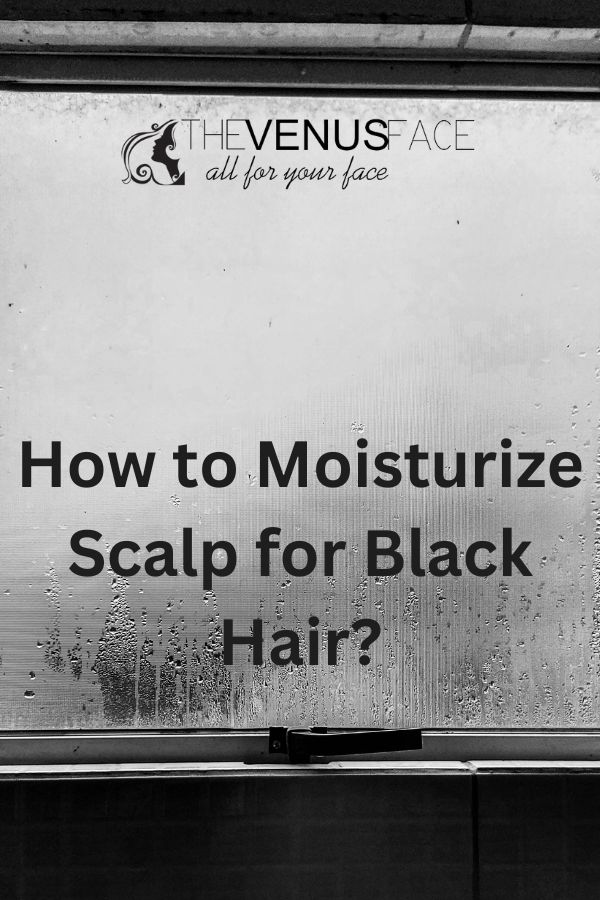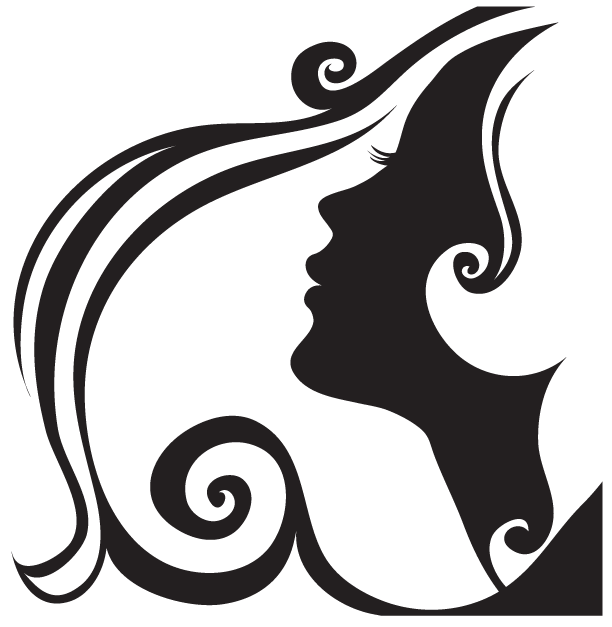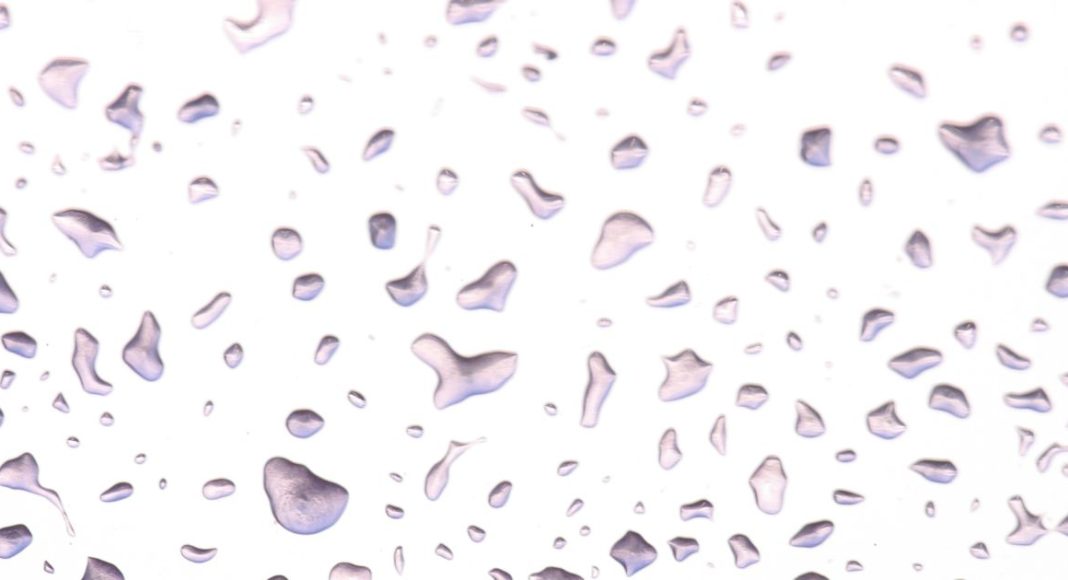When it comes to taking care of black hair, one of the most important steps is to keep it moisturized. This includes not just the hair itself, but also the scalp. Proper moisturization can help prevent dryness, breakage, and other issues that can lead to hair damage. In this article, we will provide a comprehensive guide on how to moisturize your scalp and hair for black hair.

Understanding the Importance of Moisturizing Black Hair
Black hair is unique in that it is more prone to dryness than other hair types. This is because the natural oils that the scalp produces have a harder time making their way down the hair shaft. As a result, black hair is more susceptible to breakage, split ends, and other forms of damage.
Moisturizing your hair and scalp is key to maintaining healthy hair. Moisture helps to keep the hair flexible, which in turn makes it less prone to breakage. It also helps to prevent a dry and itchy scalp, which can lead to dandruff and other issues.
Identifying Dry Scalp and Hair
Before you can start moisturizing your scalp and hair, it’s important to know what dryness looks and feels like. Some common signs of dry scalp and hair include:
- Flakiness or dandruff
- Itchiness
- Rough or brittle hair
- Split ends
- Lack of shine
If you are experiencing any of these symptoms, it’s likely that your scalp and hair are in need of some extra moisture.
Causes of Dry Scalp and Hair for Black Hair
There are several factors that can contribute to dryness in black hair. Some of the most common causes include:
- Overwashing: Washing your hair too often can strip it of its natural oils.
- Harsh chemicals: Certain hair products, such as relaxers and dyes, can be drying to the hair and scalp.
- Heat styling tools: Frequent use of blow dryers, flat irons, and curling irons can damage the hair and cause dryness.
- Lack of humidity: Dry air can suck moisture out of the hair and scalp.
- Protective styles: While protective styles can be helpful in preventing breakage, they can also lead to dryness if not maintained properly.
How to Moisturize Scalp and Hair for Black Hair
Now that we’ve covered why moisturizing is important and what can cause dryness, let’s dive into some ways to moisturize your scalp and hair for black hair.
Use Moisturizing Products
One of the easiest ways to add moisture to your hair is by using products that are specifically designed for dry or damaged hair. Look for products that contain natural oils, such as coconut oil, olive oil, or shea butter. You can also use a leave-in conditioner to add extra moisture.
Avoid Harsh Chemicals
Avoid using harsh chemicals on your hair, such as relaxers and dyes, as they can strip the hair of its natural oils and cause dryness. Opt for gentler hair products that are free from sulfates and other harsh chemicals.
Drink Plenty of Water
Drinking plenty of water is crucial for overall health and hydration. This includes hydration for your scalp and hair. Make sure to drink at least eight glasses of water a day to keep your body and hair properly hydrated.
Use Protective Styles
Protective styles, such as braids and twists, can help prevent breakage and promote healthy hair growth. However, it’s important to ensure that these styles are not too tight and are properly moisturized to prevent dryness.
Avoid Heat Styling Tools
Heat styling tools, such as blow dryers and flat irons, can be damaging to the hair and lead to dryness. Try to limit your use of these tools or use them in a low heat setting. Alternatively, consider air-drying your hair and using a diffuser to prevent frizz.
More: Best blow dryers for black hair
Don’t Overwash Your Hair
Washing your hair too often can strip it of its natural oils and lead to dryness. Aim to wash your hair no more than once or twice a week, or opt for co-washing (using conditioner only) in between washes.
Use a Humidifier
Using a humidifier in your home can help add moisture to the air and prevent dryness in your scalp and hair. This is especially helpful during the winter months when the air tends to be drier.
Apply Natural Oils
Natural oils, such as coconut oil, jojoba oil, and argan oil, can help moisturize and nourish the scalp and hair. Apply a small amount of oil to your scalp and hair, focusing on the ends, and leave it on for several hours or overnight before washing it out.
More: How to Do a Hot Oil Treatment for Black Hair
Tips for Maintaining Moisture
In addition to the above methods, there are a few tips to keep in mind to maintain moisture in your scalp and hair:
- Use a satin or silk pillowcase to prevent friction and retain moisture.
- Avoid using hot water when washing your hair as it can strip the hair of its natural oils.
- Use a wide-tooth comb to detangle your hair instead of a brush to prevent breakage.
- Protect your hair from the sun by wearing a hat or scarf when spending time outside.
Conclusion
Moisturizing your scalp and hair is essential for maintaining healthy black hair. By following the above tips and incorporating moisturizing products and natural oils into your hair care routine, you can prevent dryness and promote healthy hair growth.
FAQs
Can I moisturize my hair every day?
It’s not necessary to moisturize your hair every day. Aim to moisturize your hair at least once or twice a week, or as needed.
Can I use any type of oil on my hair?
Certain oils, such as coconut oil and olive oil, are more effective for moisturizing black hair than others. Be sure to choose oils that are lightweight and easily absorbed by the hair.
Can I use regular shampoo on my hair?
It’s best to avoid using regular shampoo on black hair as it can be too harsh and strip the hair of its natural oils. Opt for gentler shampoos that are designed for dry or damaged hair.
How often should I wash my hair?
Aim to wash your hair no more than once or twice a week, or as needed. Overwashing can lead to dryness and breakage.
Can protective styles cause dryness?
Protective styles such as braids and twists can cause dryness if they are too tight or if they are not properly moisturized. Make sure to keep your protective styles loose and avoid leaving them in for too long, as this can also lead to dryness and breakage. It’s important to moisturize your scalp and hair while wearing protective styles to prevent dryness and promote healthy hair growth.


